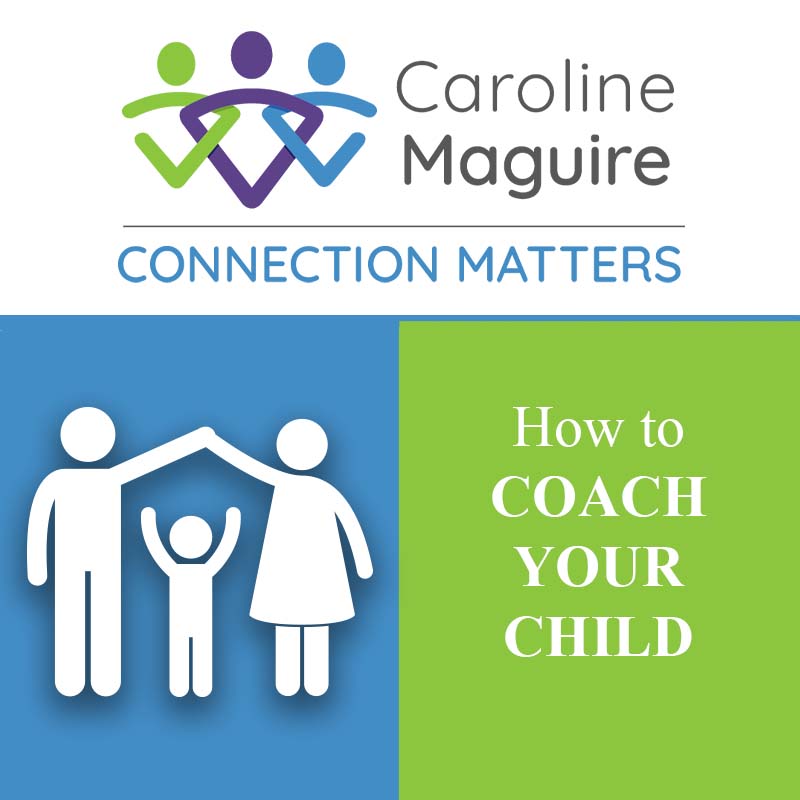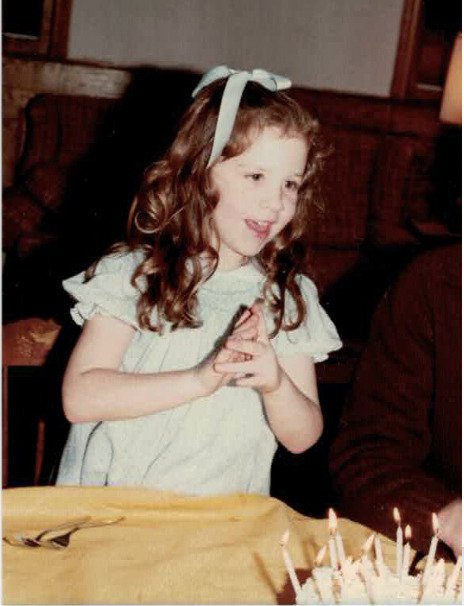Why Does My Kid Think He Knows Better Than The Adult?
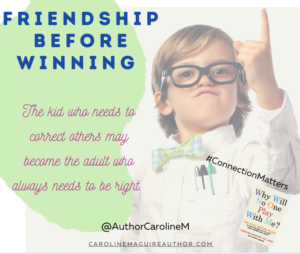
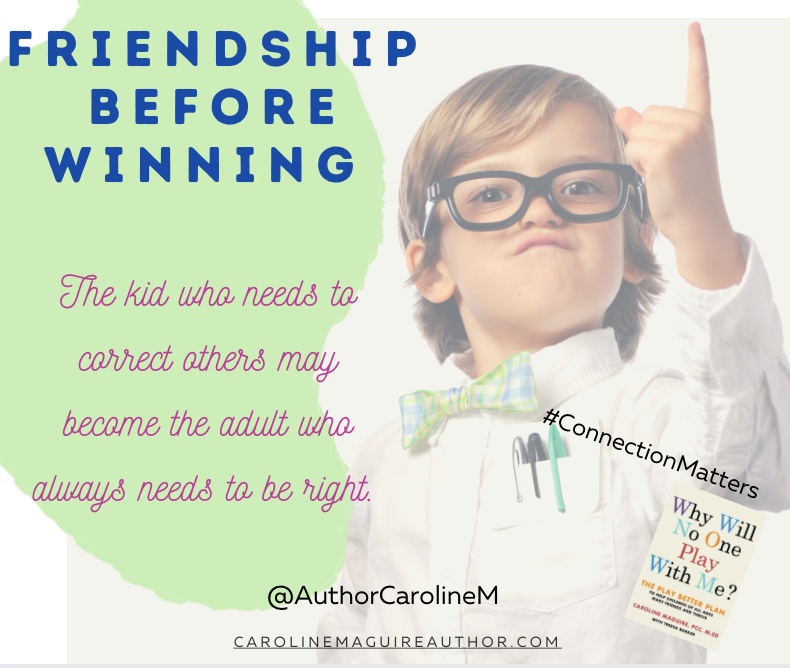
Your Child Thinks He Knows Better Than the Adult
Parents often tell me that their child’s social behavior is baffling. Their child will get on their hind-legs and speak back to authority figures. The parent insists this is not how the child was raised and that their siblings don’t behave in this manner.What Your Teacher Tells You
In yet another email, your child’s teacher details another troubled interaction. He had an yet another outburst your child insisted she knows better and was unable to self-soothe or settle down. You have had parent-teacher meetings, with and without your child, as well as numerous discussions at home. Nothing changes.
What Your Child Tells You
“I wasn’t talking out of turn. My teacher just doesn’t like me.” Try as you might, your child remains oblivious to his behaviour. In her mind, she was just stating facts. When the teacher asked her to settle down, she felt that her opinion would be ignored. Consider that your child’s perspective doesn’t take into account stepping into her teachers shoes and understanding how the teacher feels.It’s About Perspective
Your child doesn’t have the capacity to understand how they come across. Perspective into our own behavior and choices allows us to recognize social cues. Their intentions are good, but they don’t really know how to tune in and “walk in the other person’s shoes.” Your child has no reason or desire to be “bad” or uncaring. Their intentions are good, but they can struggle with interpreting social cues.4 Proven Coaching Techniques to Build Greater Awareness and Perspective
The techniques below are used by professional coaches that parents can tailor for home use.1. Open Questions
This coaching technique eliminates a lot of unnecessary friction. Rather than telling your child, “You need to stop arguing with your teachers,” instead ask, “How do you think your teacher feels when you speak out of turn? What impression did you mean to make? What made what you had to say so important? How can you say this without seeming to argue?” This allows your child to consider others’ thoughts and how their behavior can negatively or positively affect others.Open-ended questions use the words who, what, when, where, how, and why. It can be beneficial to have your child look at your face and interpret what you are currently feeling.
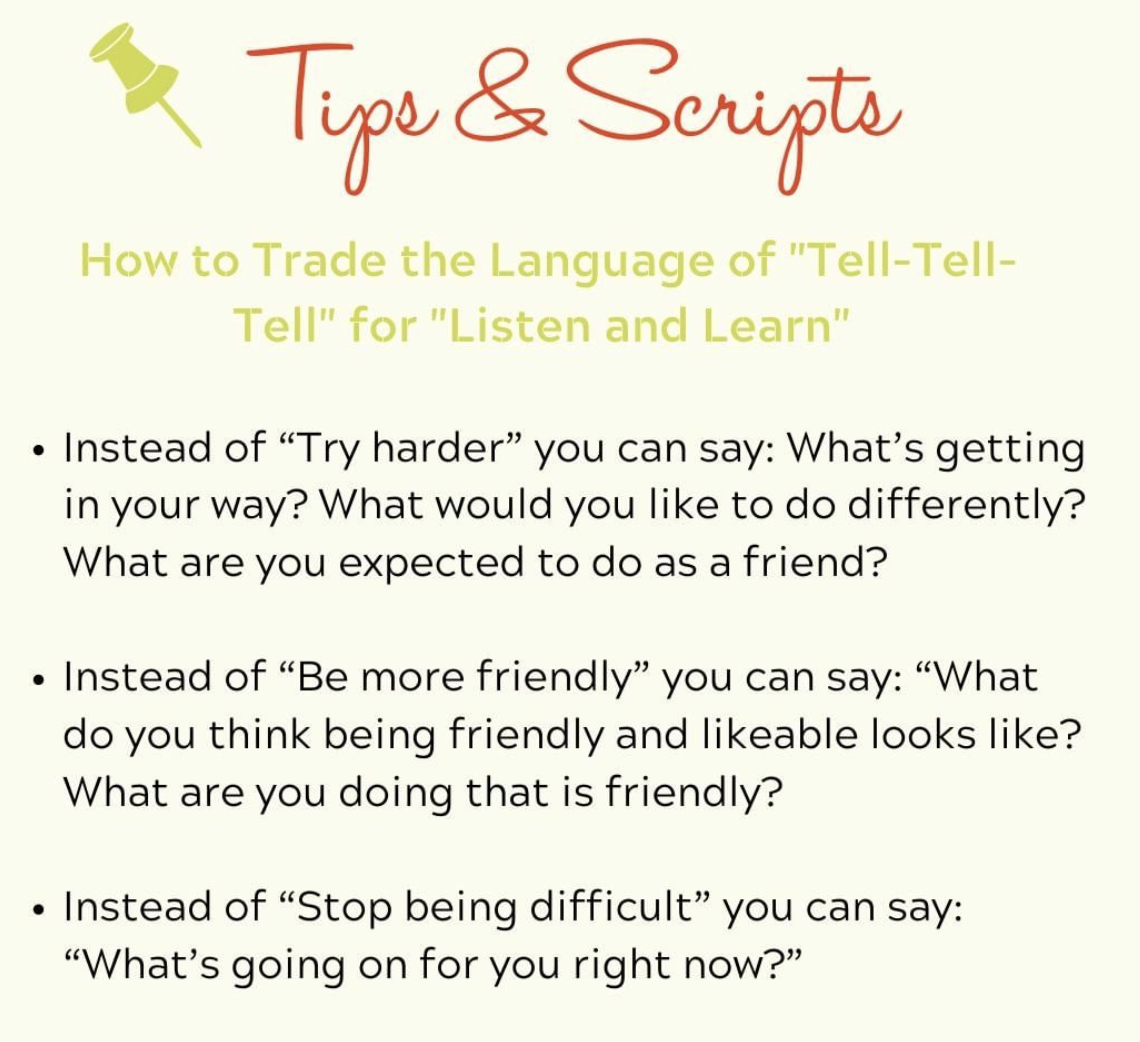 No matter what the answer is, even if it’s a shrug and an, “I don’t know,” continue to ask him, “What was the appropriate behavior?” This begins to help the child think about what the unspoken social rules were and what they are expected to do in the future.
No matter what the answer is, even if it’s a shrug and an, “I don’t know,” continue to ask him, “What was the appropriate behavior?” This begins to help the child think about what the unspoken social rules were and what they are expected to do in the future.
On an ongoing basis – as when driving in the car -and on the spot when the child is rude or dismissive, ask him open-ended questions that allow him to reflect on his actions and how they might make other people feel.
2. Become a Social Observer
To help your child stop arguing and build awareness, introduce the concept of social spy. Social spies observe people in different settings and then record their observations about social cues including, vocal volume, tone, eye contact, physical presence, interrupting, arguing, etc.
Here is how it works; Go to a public place, hotel lobby, book store, mall. Watch and notice the social cues and identify what unspoken rules the environment dictates. discuss both of your observations and create an image of positive social behavior to navigate toward and .3. The Polite Pretend
Your child may dislike being “bored”, and may act out in the classroom, leading to outbursts or just checking out altogether. Some will provoke and argue with the teacher to be funny or get a reaction from friends. Rather than lecturing your child, ask him what happened in the specific situation. Start by saying, “I’ve noticed that you sometimes struggle to stop arguing with your teacher and I understand you don’t mean to be disrespectful.”
Remain neutral and calmly discuss why pretending to be polite is necessary. Talk to him about things that do not interest him and this dilemma of being polite. Rather than just telling him, work together to discuss the benefits or being polite and figure out polite ways to react when a conversation feels boring or when he’s too tired to participate in the conversation. Be sure to also work on tone to avoid sounding dismissive and argumentative.
4. Reading the Room
In each environment, there are expectations and unspoken rules. To present the best face to the world, you have to decipher those expectations by reading the room. Before entering a room or gathering, help your child pause, observe and tune into the participants, energy and discussion before jumping in.
There are Lots of Ways to Build Social Skills at Home.
Children who can’t stop arguing and therefore tend to dominate conversations, can learn to be able to interpret and consider the feelings of others. It’s a journey, and consistency is the key. Parents should find comfort in knowing that all children benefit from patient and nurturing parents and the open-ended questions technique is well suited to parents who wish to help their children turn social struggles into positive outcomes.
For scripts, tools, advice and actionable exercises on helping children develop social skills, check out Why Will No One Play with Me?
Social Skills Deeper Dive
More actionable advice, exercises and videos can be found in the Store
